By Cristine Soto DeBerry
Donald Trump has never minced his words about immigrants. He calls them “migrant criminals,” “illegal monsters,” “killers,” and “gang members.” He says they’re “poisoning our country” and destroying the “blood of our nation.”
So I won’t mince words about his mass deportation strategy: it’s reckless, cruel, and making all of us less safe.
No matter how much President Trump claims this is about public safety, I can tell you from my decades working in city government and in a prosecutor’s office that what the administration is doing is directly undermining the ability of law enforcement to keep our communities safe.
When I was in a district attorney’s office, we relied on community members to testify in court and provide information that helped us solve cases and prosecute violent individuals. When people fear that cooperating with law enforcement could lead them or their loved ones to be deported, they are less likely to come forward when they are the victim of or witness to a crime. That makes it harder to investigate, solve, and prosecute crime.
In Trump’s America, kids are scared to go to school and come home to find their mom or dad gone. Local elected officials are being threatened with prosecution if they refuse to cooperate with Trump’s inhumane immigration orders. U.S. citizens, veterans, and people in the country legally are being detained in poorly planned and executed raids. Pregnant women and children have been among the first deportations, hardly the violent criminals Trump said he was prioritizing.
This isn’t just about policy for me; it’s personal. I immigrated to the United States from Guatemala as a child and am a naturalized citizen. So I know that if we want safer communities, local law enforcement must prioritize building relationships with immigrant communities.
Yet, Trump’s directives rely on co-opting police and prosecutors into immigration enforcers, which will divert limited time, resources, and attention from real public safety issues. We need law enforcement focused on investigating and solving serious crimes, not rounding up members of our community while they’re at work, school, and church.
Immigration is consistently associated with decreases in violent and property crime. Less than 10 percent of undocumented immigrants in the United States have a criminal record – and the small percentage who do are most commonly for traffic violations or civil immigration violations. That’s far less than the American population, where nearly 40 percent have criminal records….
This is also about the hundreds of victim advocates across Virginia who are already overworked and underpaid but working tirelessly to protect and support survivors. They deserve not only our gratitude but also our investment in the resources they need to serve our communities.
What we’re asking for is, frankly, a drop in the bucket. Gov. Glenn Youngkin’s proposed 2026 budget is more than $92 billion. Our request — $8.25 million — is less than 0.01% of that. To put it in further perspective, it’s less than half of what the commonwealth is projected to spend this year on a commission to commemorate the American Revolution’s 250th anniversary. Honoring our history is certainly a worthy cause, but shouldn’t we be spending at least as much to honor survivors who need our support today?
And let’s be clear, $8.25 million is the bare minimum we need to maintain services for survivors of sexual and domestic violence in 2025. But it is not enough. We need funding for all victims of all crime, including children, and for all the victim advocates who support them.
A just, equitable and well-rounded criminal legal system supports victims before and after their day in court. So while we ask the legislature to act now and address the imminent needs of sexual and domestic violence survivors, we also need to look for long-term solutions. It’s highly unlikely that federal VOCA funding will be restored. Elected leaders, including prosecutors, must come together to develop sustainable models that will support the survivors in our commonwealth not just today but for decades into the future.
The federal government has turned its back on victims of crime. We must make sure Virginia doesn’t do the same.
Ramin Fatehi is the commonwealth’s attorney for the city of Norfolk. Robyn Sordelett of Hopewell is the survivor center director at the Prosecutors Alliance Action.
